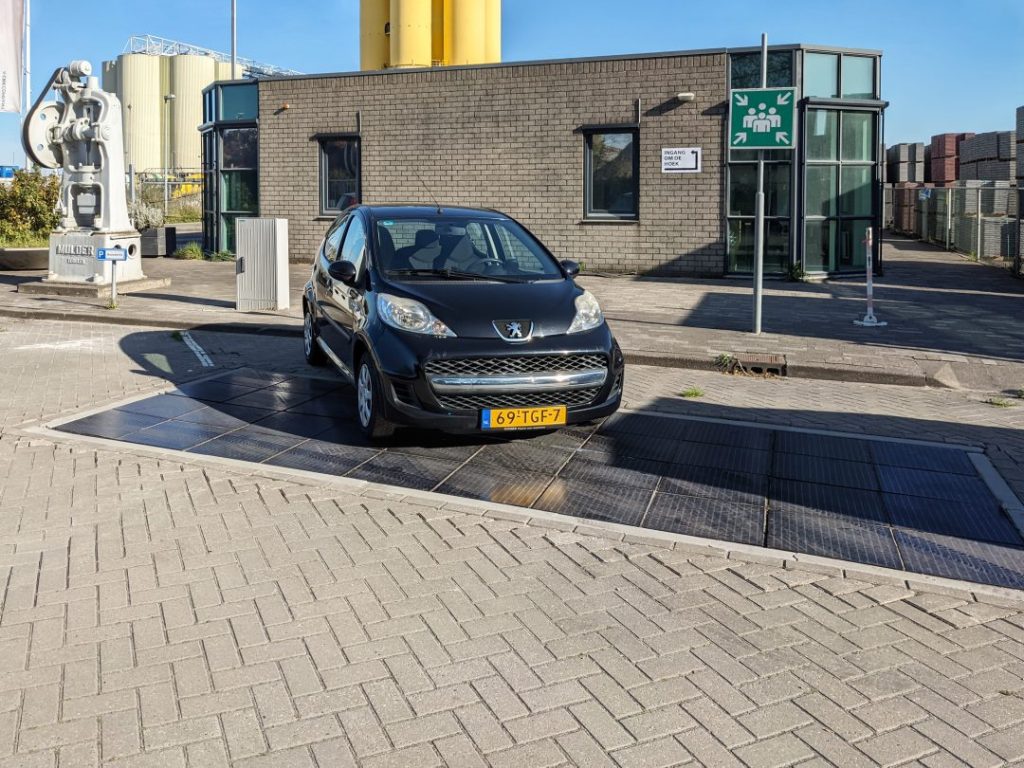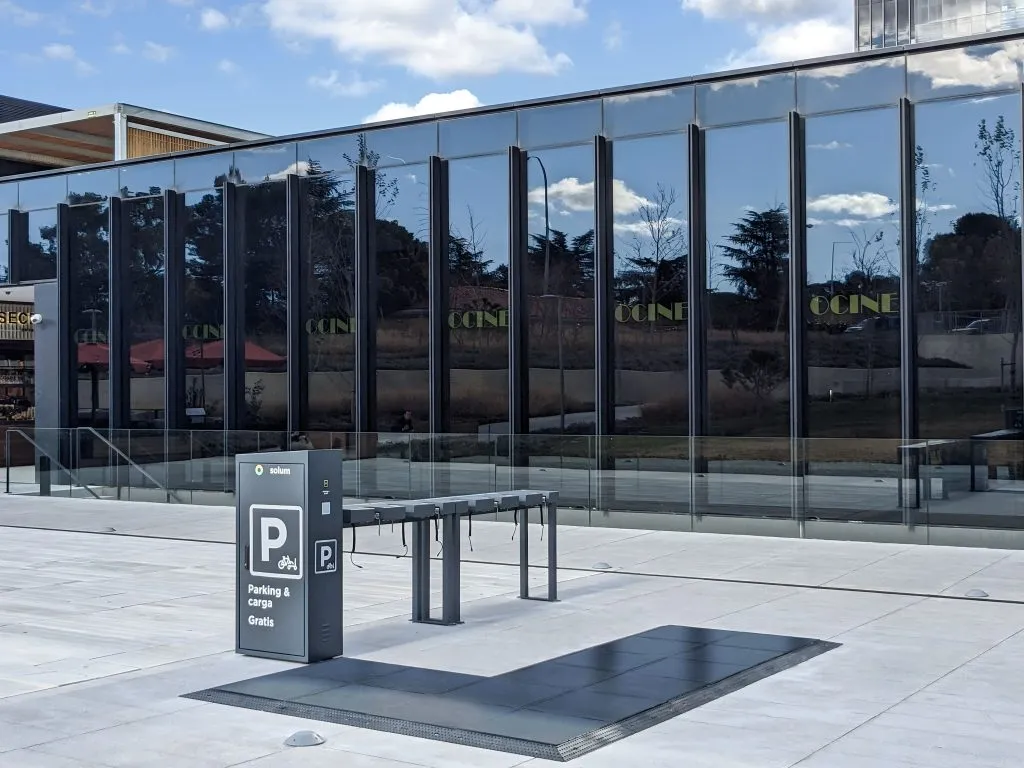Fortunately, we are increasingly aware of the damage we have caused to the planet over the years. Nowadays, terms like ‘environmental impact,’ ‘renewable energy,’ and ‘green energy’ are as common as any other current issue. Renewable energies are in the spotlight, including solar rooftop. In the following lines, we will discover how it works.
What is solar rooftop?
solar rooftop or photovoltaic glass allows for the generation of electrical energy thanks to sunlight. It does not have a negative impact on the environment since it does not hinder the use of the surface where it is installed. Therefore, solar paviment is entirely walkable and its main advantage is that it allows space optimization while generating clean energy and avoiding CO2 emissions, thus contributing to reducing environmental impact.

Characteristics of solar rooftop
The main characteristics that we can highlight about photovoltaic pavement are the following:
- Generate free and clean electricity from the sun, obtaining a fixed price per kWh and protecting the owner from the continuous increases in the electricity tariff, which have been causing so many headaches in recent months.
- Access to tax incentives and government incentives.
- Positive contribution to the environment
How does solar rooftop work?
In addition to generating photovoltaic energy, solar pavement provides two significant benefits. Alongside harnessing photovoltaic energy from the sun, it enhances solar energy panel efficiency and allows the filtration of heat entering a building. Consequently, this is reflected in energy savings through air conditioning, retaining the heat that enters the building.
However, there are also projects that use solar pavement differently. This is the case with the technology developed by Solum, which makes a solar panel more robust than concrete, offering a sustainable energy solution that does not require extensive maintenance
We are talking about a shift towards sustainable mobility, as they themselves have created a charging station for electric vehicles capable of recharging the batteries of up to 15 electric motorcycles, starting from a space that barely reaches seven square meters. Solum has managed to gauge the pulse of the micromobility sector, currently booming, and offer a simple solution, thus being present in various municipalities or cities, even outside of Spain.
Hence, we can see that the uses of solar pavement are diverse, and increasingly, there are more projects that contribute to, as we mentioned earlier, mitigating the damage that our planet has suffered.
Solar rooftop Arena
The Seville-based technology company, founded in 2019, emerged from the idea of trying to harness all those available spaces in cities to generate renewable energy. After many years of studies, they have brought a unique technology to the market: the solar pavement. On the other hand, Arena is another project led by Solum, a solar ground capable of generating solar energy thanks to high-performance photovoltaic cells integrated into the tile. This ground is entirely walkable for pedestrians, ensuring its slip resistance. Below, we will detail some of the features that set it apart from the competition

Modular
The assembly of the solar pavement is modular; each module is composed of a total of four tiles, resulting in easy adaptation to different types of spaces.
Portable
The solar pavement is designed for quick installation and removal in less than a day. The pavement is installed using an anchoring system on the urban ground, without the need for public works and preserving the original pavement. Therefore, as we have already mentioned, it does not imply significant visual changes in the space.
Robustness and durability
The pavement has greater robustness than concrete, and its coating is designed to withstand heavy loads, impacts, and deterioration after years of use.
Easy maintenance
The pavement does not require special maintenance, only the care and cleaning that can be given to any other outdoor pavement.
Solar Station Project: Helios
On the other hand, they have developed Helios, a solar station that serves as recharging stations for personal mobility vehicles, such as electric scooters, which have become so familiar in our daily lives. Helios is a sustainable solution, as they use Arena solar pavement, which generates its own energy.
We can find various charging stations in several Spanish cities, and they even have one installed internationally, specifically in the city of Amsterdam, in a significant office building. In the following lines, we will see some of its main features.

Autonomous
One of the advantages we could highlight about the Helios solar station is that it does not need to have a direct connection to an electrical grid, providing it with autonomy. This autonomy is partly thanks to the Arena solar pavement, combined with the batteries it houses inside.
Sustainable
As it is capable of generating its own energy thanks to the Arena solar pavement.
Secure
A very important point for the user, as they want to ensure that their scooter is safe while parked. Thanks to the charging station, they can rest easy because it features smart locks that secure the vehicle using a 20mm diameter stainless steel shackle.

Multivehicle
The same solar station can accommodate both scooters and electric bikes.
Intelligent
You can monitor and control all the functionalities provided by the station through the miSolum app and platform.
Now you know a bit more about this innovative technology that is revolutionizing the market. Also, as we have seen, there are several projects underway, such as those carried out by Solum, which assure us that the future of renewable energy is here.








